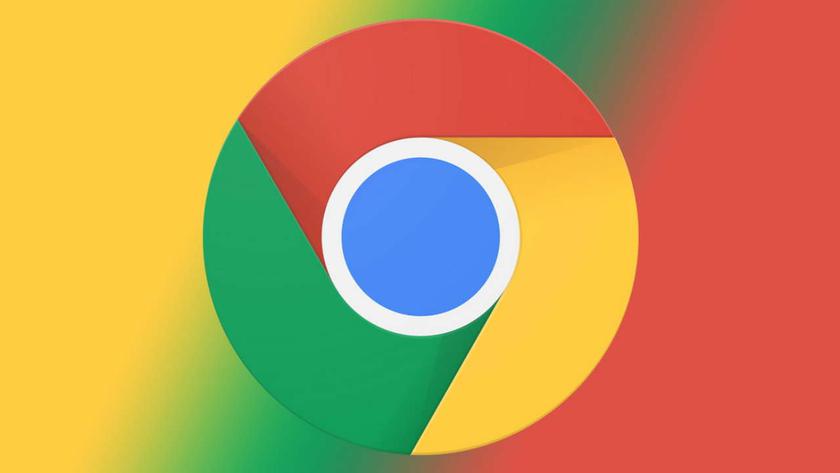

Notably, the Huawei Mate 20 Pro has returned to the Android Q Beta’s list of compatible devices, and the company has been placed back in the good graces of the SD Association. For reasons that haven’t quite been made clear yet, Huawei has begun to see a restoration to various places they had been removed from. Last week’s major event was the disassociation of Huawei from US tech companies, including Google, due to the Chinese company’s inclusion on the US Entity list. In the response, Google claims that they’re looking to increase this number, depending on performance tests, but couldn’t commit to anything specific. One of the original concerns of switching to this system was the fact that Chrome currently imposes a limit of 30,000 rules, while popular ad blocking rules lists like EasyList use upwards of 75,000 rules. Everyone else will need to use extensions that use Chrome’s newly created ad blocking APIs, though this system is currently considered inferior by extension developers. Instead, Google announced that the blocking functionality ad block extensions currently use will be deprecated for all but enterprise users. The most controversial news this week was Google’s decision to not back down on changes to Chrome, proposed in January, that will hamper current ad block extensions, despite strong community feedback. In this week’s top stories: Google stands firm on major changes to Chrome which will adversely affect the functionality of ad block extensions, the Huawei Mate 20 returns to the Android Q Beta, Huawei themselves are reinstated to the SD Association, and more.


 0 kommentar(er)
0 kommentar(er)
